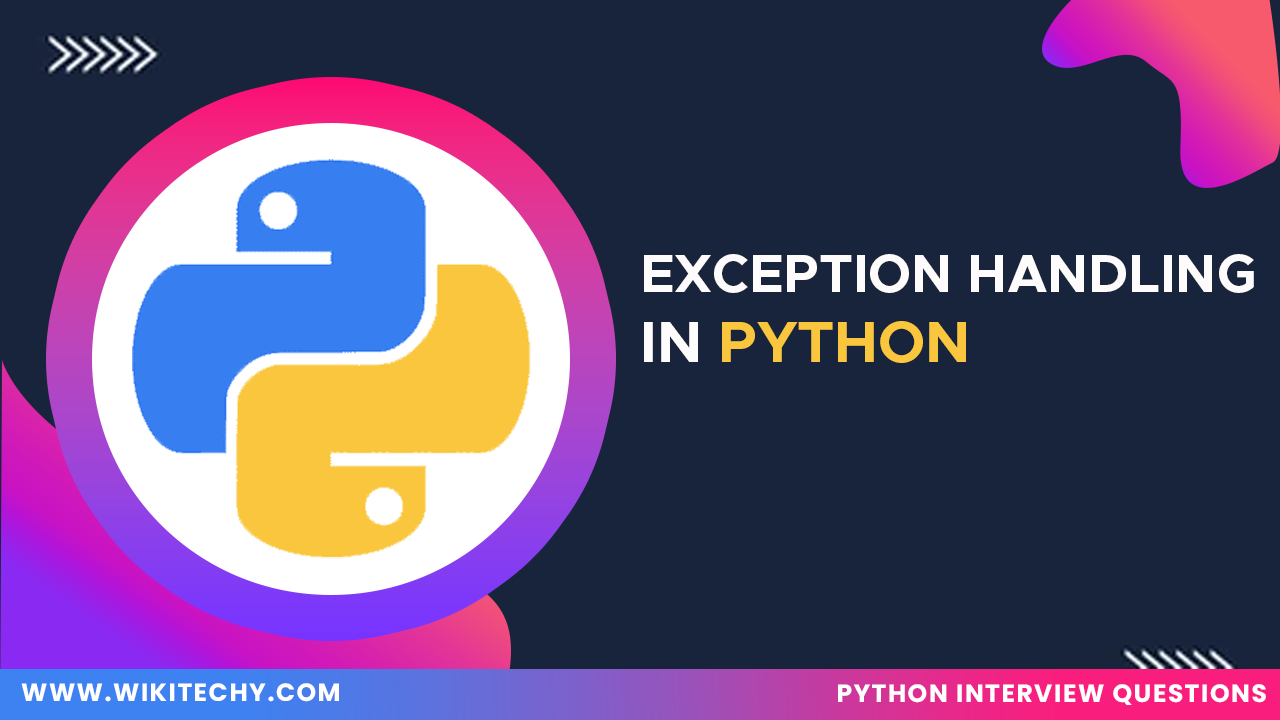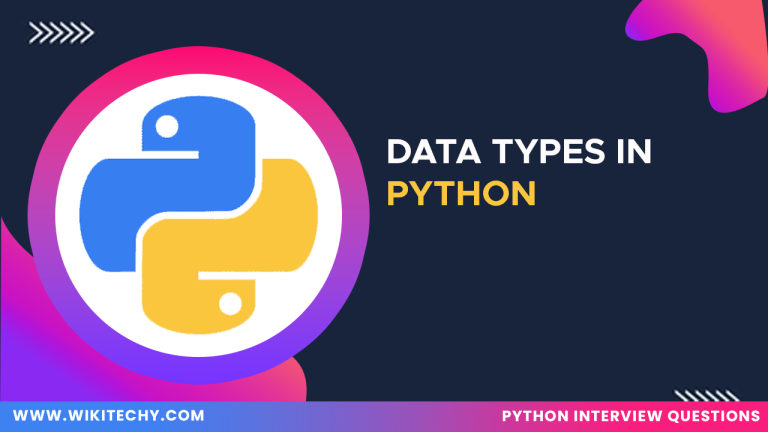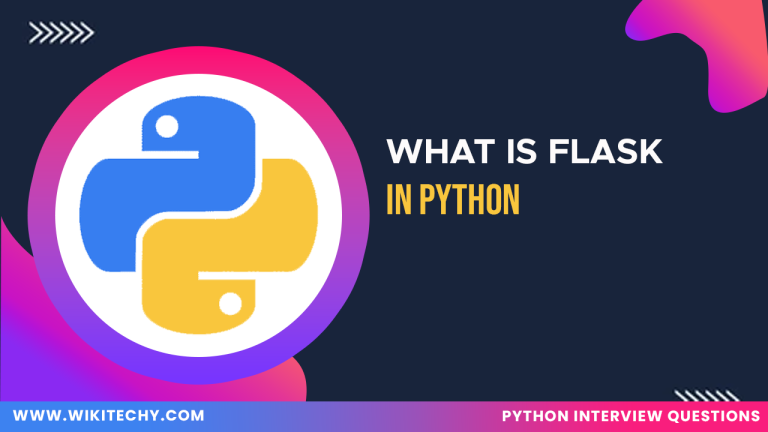Definition
- Exception handling in Python is a mechanism that allows a program to deal with errors or exceptions that occur during execution without crashing. It enables the program to respond to different error conditions gracefully.
Examples
try:
Result = 10 / 0
except zerodivisionerror:
print("Cannot divide by zero!")
finally:
print("This will always execute.")
Output
Cannot divide by zero!
This will always execute.
Features
- Try Block: Code that may raise an exception is placed inside the try block.
- Except Block: Catches and handles the specific exception that occurs.
- Finally Block: Executes code regardless of whether an exception occurred or not, often used for cleanup.
- Else Block: Executes if no exception was raised in the try block.
Advantages
- Prevents program crashes by handling errors
- Makes the code more readable and easier
- Ensures that resources like files or network connections are properly closed
Uses
- Dealing with network-related errors such as timeouts or connection issues.
- Managing errors that arise from invalid user inputs
- Handling errors like file not found









